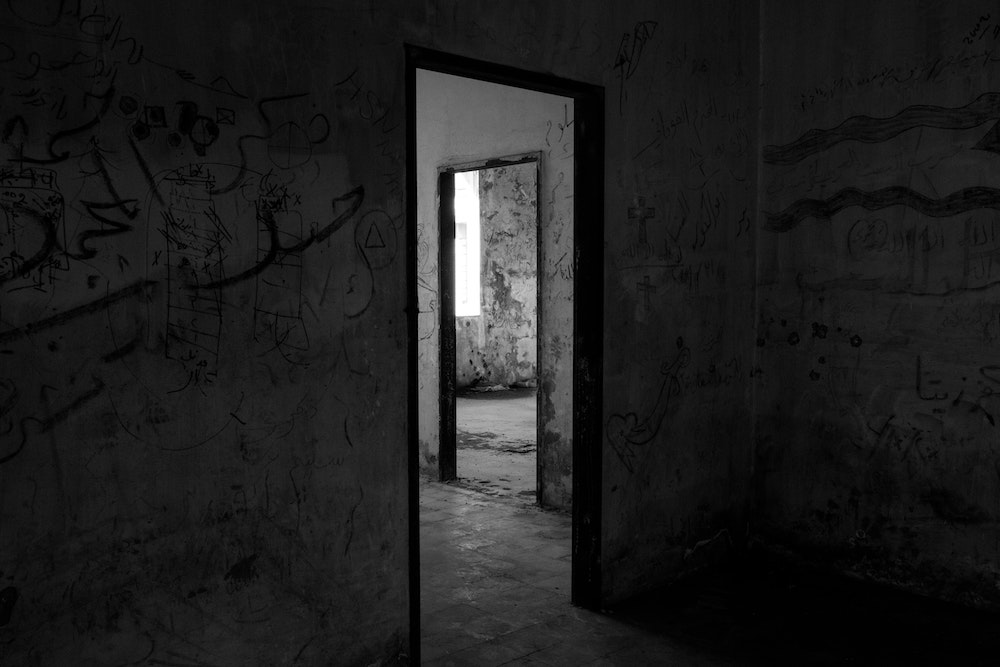Mischief and vandalism are two terms that are often used interchangeably, but there is a significant difference between the two. While mischief may involve playful or mischievous behaviour, vandalism involves intentional damage or destruction of property. In this post, we will explore the thin line between mischief and vandalism and what you need to know about these two terms.
Mischief vs. Vandalism
Mischief is typically considered to be harmless and may involve pranks or harmless jokes. For example, a group of friends may place a fake spider in someone’s bed as a prank, or someone may put a whoopee cushion on a chair to create a funny noise. Mischief may be considered a nuisance or a minor offense, but it is not considered to be a serious crime.
Vandalism, on the other hand, involves the intentional damage or destruction of property. This may include breaking windows, spray painting graffiti, or damaging public property. Vandalism is considered a serious crime and can result in significant penalties, including fines, imprisonment, or community service.
The Thin Line Between Mischief and Vandalism
The line between mischief and vandalism can be thin and can be difficult to distinguish. For example, a prank that involves placing toilet paper on a neighbor’s house may seem harmless, but if the toilet paper damages the property, it could be considered vandalism. Similarly, a harmless graffiti tag may be considered mischief, but if it defaces public property or private property, it could be considered vandalism.
Factors that can affect the distinction between mischief and vandalism include the intent of the offender, the amount of damage caused, and the context in which the behavior occurred. The law takes these factors into account when determining whether an act is considered mischief or vandalism.

Vandalism, on the other hand, involves the intentional damage or destruction of property.
Consequences of Vandalism
As previously mentioned, vandalism is considered a serious crime and can result in significant penalties. Depending on the severity of the offense, the penalties may include fines, community service, restitution, and imprisonment. In addition, a criminal record for vandalism can have lasting consequences, including limiting employment opportunities and hindering the ability to obtain loans or credit.
Preventing Vandalism
To prevent vandalism, it’s important to understand the consequences of the behavior and the distinction between mischief and vandalism. Education and awareness can help prevent individuals from engaging in behavior that could be considered vandalism. Additionally, encouraging community involvement in the maintenance and upkeep of public spaces can discourage individuals from engaging in vandalism.
The line between mischief and vandalism is a thin one, but it is an important distinction to understand. While mischief may be considered harmless, vandalism is a serious crime that can have significant consequences. By understanding the difference between the two and the potential consequences of vandalism, individuals can avoid engaging in behavior that can result in legal issues and damage to property.
If you or someone you know has been charged with Assault, contact De Boyrie Law today for a free consultation at this link. If your matter is immediate please contact us at (416) 727-1389. De Boyrie Law serves Toronto, Vaughan, and the Greater Toronto Area.
Stacey is a student at De Boyrie Law. She is currently studying to complete the BAR and is expected to join our firm once she has completed studies.

